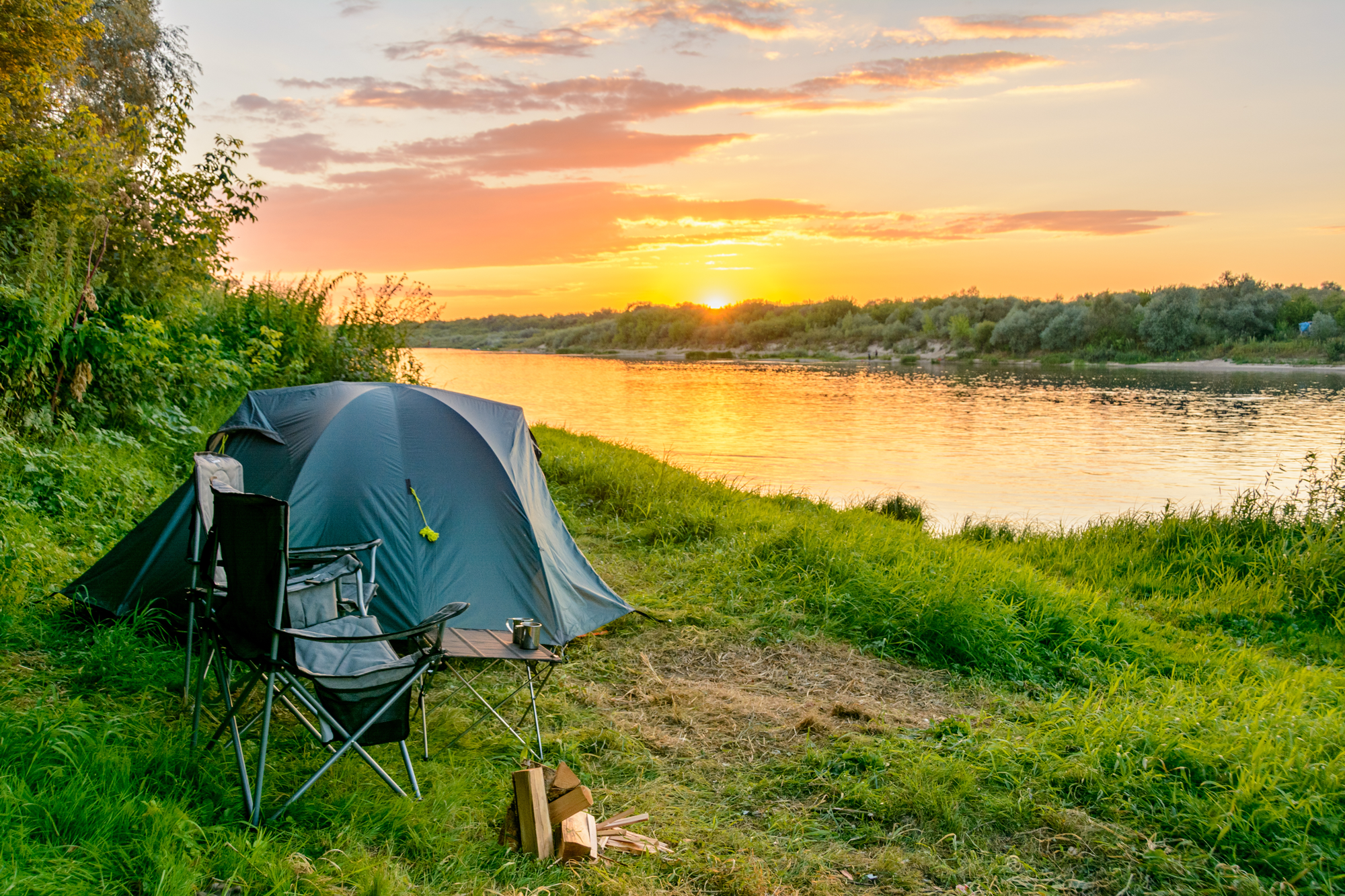Let’s get one element immediately: camping has become constantly cool. It wasn’t, but it was always a famous hobby among younger people. According to the 2019 North American Camping Report, subsidized with the aid of Kampgrounds of America, more millennials and Gen Xers are likely to pick out themselves as lifelong campers now than in any other year. The take look began in 2014 and was performed through surveys in the United States and Canada.
The percentage of North Americans who camp three or more times consistent with the year has increased by seventy-two percent because of 2014, adding 7 million extra tenting households (households with kids below 18 years old who camp) to the Canadian and American campgrounds. Younger campers also support the growth of the popularity of trekking and backpacking simultaneously as they camp, in keeping with the report.
While most campers pick out the conventional method of tenting (sound asleep in tents), more millennials choose to camp in cabins and RVs as a substitute, with 14 percent usage of places in 2016 and 21 percent in 2018, to be specific. The look also shows that campers are more numerous than ever of the 1. Of four million households that went tenting for the first time in 2018, fifty-six percent have been millennials, and 51 percent identified as nonwhite. For the first time, in 2014 (when the study commenced), the share of nonwhite first-time campers outpaced the proportion of recent trailers who identified as Caucasian.

Regarding modern “glamping,” all age corporations are showing interest. Particularly in millennials, 50 percent said they had been interested in glamping in 2018 versus the 25 percent who stated they desired to try it in 2017. Glamping refers to precise camping hotels that often include stronger services like luxurious yurts, king-sized beds, spas, or even personal chefs. In addition, some glamping agencies have been praised for offering a green alternative to traditional hotels or inn motels. Many take advantage of regionally sourced meals, composting bathrooms, and sun strength to provide their visitors opportunities to connect with nature while still getting access to the creature comforts they’re used to.
The identical goes for “van lifestyles,” a camping lifestyle that uses altered camper vehicles or motorized class B automobiles rather than RVs or tents. The fundamental objective is frequently to move off the grid and without difficulty move from vicinity to the region while not having to disassemble a tent or discover an electrical energy supply to your RV. The variety of millennials who wanted to enjoy van life increased by approximately four percent between 2017 and 2018. Those who stay the van lifestyles change modern comforts and space for a risk to get as near nature as feasible, even residing in a minimalist way of life.
So why the spike in tenting interest? First, 30 percent of millennials say that principal lifestyle events, including having youngsters, impact their desire to camp more. In comparison, every other 30 percent stated that the capacity to see other humans traveling and exploring famous locations (thanks to social media) made them need to spend more time tenting. Even more encouraging, half of all campers said that the “love of the outdoors” first sparked their interest in tenting, meaning that more camp-loving North Americans are beginning to price nature even more than before— an excellent signal for our countrywide parks and the planet.
One out of every 20 camping families stated that 2018 became the first time they’d ever camped. 2018 also noticed the highest quantity of self-recognized lifelong campers ever recorded, with more millennials figuring out themselves as lifelong campers than in beyond years. Research has shown that spending a few hours in nature can enhance mental fitness, and camping offers the possibility of connecting with nature with the blessings of unplugging the net and electronic devices. Additionally, hiking activities often accompany camping and provide a top workout; even put your tent in place, and the site counts!


















